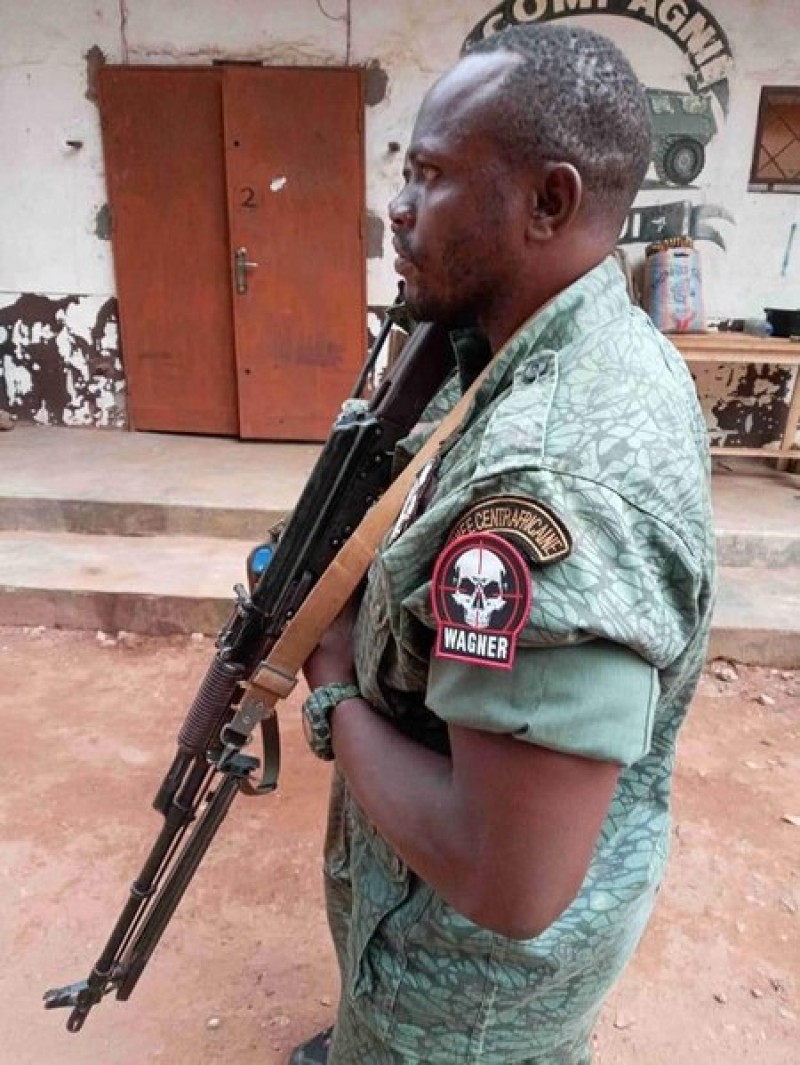The report alleges that Wagner secretly controls Diamville, a diamond export company officially directed by Central African national Bienvenu Patrick Setem Bonguende, who was identified as a driver for Dimitri Sytyi, a top Wagner executive sanctioned by the U.S. Treasury.
The sources cited in the report say that Wagner effectively took over the local diamond sector by forcing local diamond dealers to sell exclusively to Diamville or risk violent reprisals.
“There have even been assassinations like that, to take other people’s merchandise,” said one of the sources.
The Central African Republic, site of a protracted civil war, is one of the poorest countries in the world despite being rich in diamonds and gold.
Diamville was accused of operating in parts of the country not authorized by the Kimberley Process Certification Scheme, which was created by the U.N. in 2003 to prevent diamonds linked to conflict – known colloquially as blood diamonds – from entering international markets. This would render Diamville’s diamond exports illegal.
Yet official statistics say the company exported nearly 1,000 carats of diamonds between October 2019 and January 2021. The diamonds, worth as much as $12 million, were sold in Dubai and Antwerp, Belgium.
The Wagner Group has been active in the Central African Republic since 2018 when it agreed to provide military support to President Faustin-Archange Touadéra against rebels in exchange for lucrative mining concessions. It has been accused by multiple U.N. and European Union bodies of targeting civilians and engaging in rape, robberies and looting.
The group, which gained global notoriety for its involvement in the war in Ukraine and Syria, is reported to be active in at least four other countries on the continent, including Libya, Sudan, Mozambique and, since December last year, Mali.



